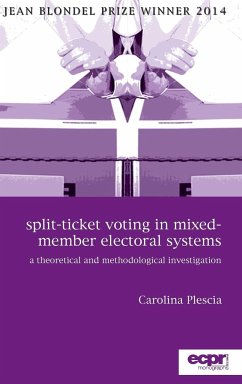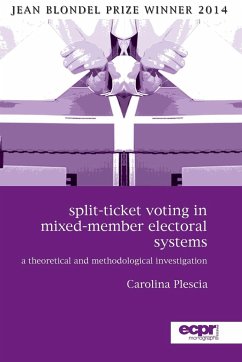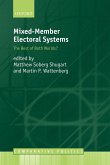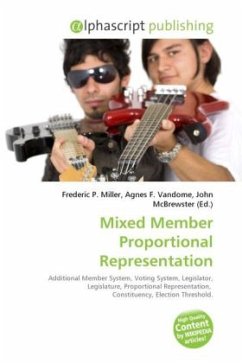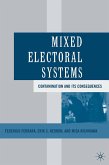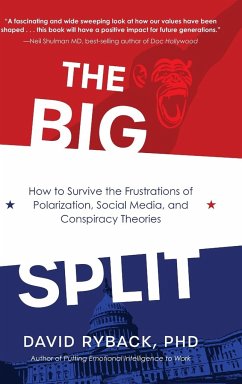Why do voters support different parties at elections when given the opportunity of casting two votes to elect the same representative body? This book relaxes common assumptions in the voting behaviour literature to provide an in-depth study of split-ticket voting across ten established and non-established democracies. It proposes an original framework and combines a theoretical investigation with a purely methodological analysis to test the reliability of the predictive models. The broader picture that emerges is the one of a 'simple' voter with 'sophisticated' preferences. Parties still function as the principal cue for voting, but voters appear sophisticated in that they often like more than one party or choose candidates regardless of their party affiliation. Despite mixed-member systems being one of the most complicated electoral systems of all, there is no evidence supporting the conclusion that voters are not able to cope with the complexity of the electoral rules.
Hinweis: Dieser Artikel kann nur an eine deutsche Lieferadresse ausgeliefert werden.
Hinweis: Dieser Artikel kann nur an eine deutsche Lieferadresse ausgeliefert werden.

